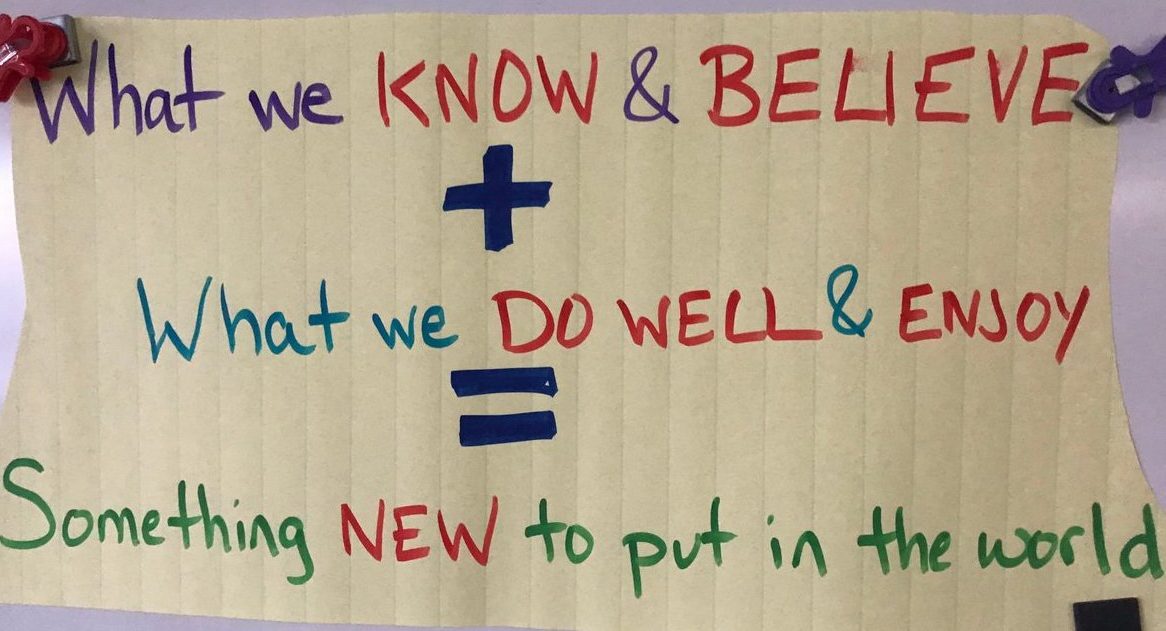“I’m a terrible reader. I mean horrible. Really, I’m glad my kids can read and they don’t need my help on homework because I can’t read for the life of me. And it’s a good thing that I don’t need to do it really well, because I’d be totally stuck.
I don’t know what it is. I’ve never been a good reader, and I’ve never liked reading. Letters have never made sense to me, and they’ve never been useful. As long as I can get by, I really don’t see the point in learning to read. Some people are born with the ability to read and some people aren’t. I’m one of those people who aren’t.”
C’mon. Be honest. How many people are *that much worried* about the statement above? How many of you, parents of my students, might be just the least bit concerned if this were my admission? How many of you, friends or family, are wondering what the heck I’m talking about?
It’s not okay to say we don’t know how to read. Adult illiteracy is, at best, a hidden problem of society. Who wants to cop to not knowing how to read?
So why is it okay in other contexts? Substitute the word “math” for reading at any point in the paragraphs above.
Scarily, you’ll see how socially acceptable it will sound.

Can we admit that when we have high school kids reading well below grade level that the adult illiteracy dilemma is facing us square on? It’s not as though they haven’t had teacher upon teacher, specialist upon specialist, helping them to become better readers all their school life. They aren’t going to improve much at this point. The learning to read years have passed them by; they’re in the reading to learn years and have been for a long time.
I once had a first grade student’s grandfather who was visiting school tell me that he couldn’t read. I didn’t know how to respond. What do you say to a middle aged man who can’t read? It took courage for him to tell me that as I was scurrying around taking photos of students ‘caught reading’ for March is Reading month. He, too, has probably had help learning how to read. Perhaps this should be the next avenue for fMRI testing – What area of the brain is used for reading and can a non-reader’s brain activity help to determine why they are not reading after a lifetime of educational intervention. Time for me to end this rambling. Thanks, Lainie, for making me think — again. 🙂
Pat, you’re totally right. And how tough it must be for you to watch these kids and to know that the time for this important learning is, for the most part, past. Makes me think about volunteering for adult literacy, is what it makes me want to do. Sigh. So many important things, so little time.